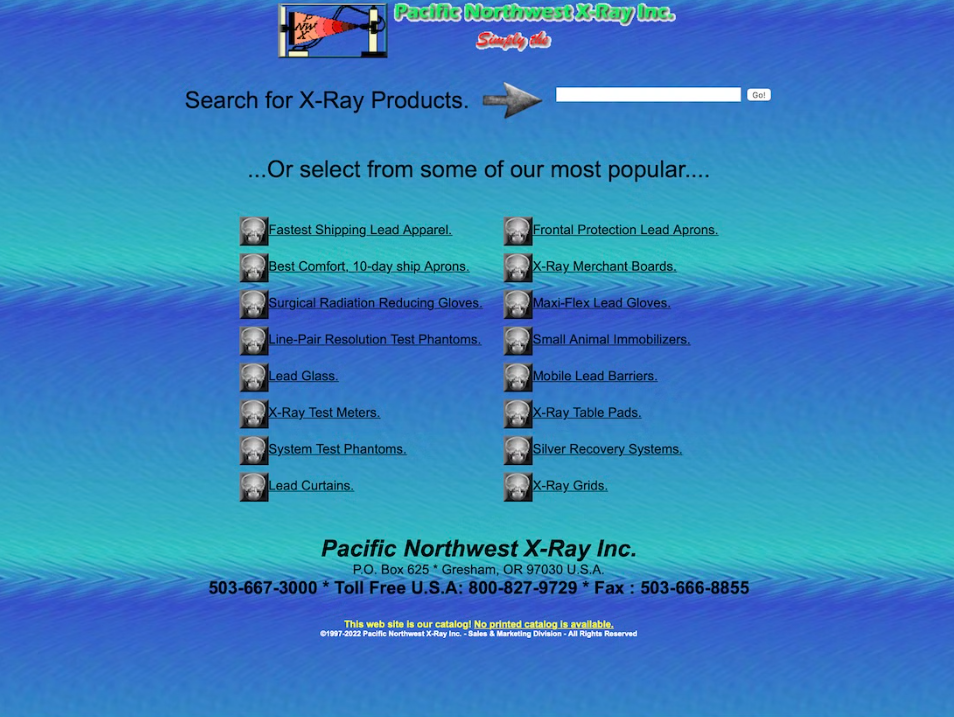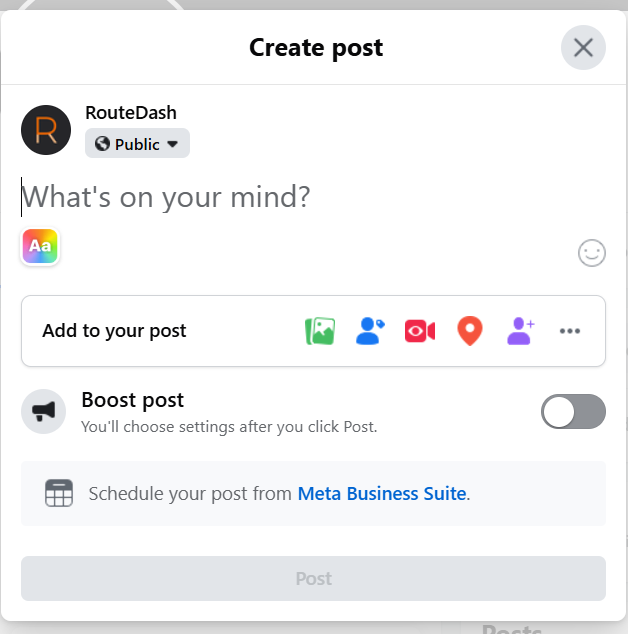Do Keywords Matter?
A brief intro into how keywords play a part in your online presence.

Keywords. What are they and what do they do? A brief search into digital marketing and SEO will find keywords sprinkled throughout various articles. If you optimize, research, and target them you’ll generate organic traffic to your site. But what does that mean and... wait... there are keyword reports? Keywords on their own are not very complicated, but learning how to use them effectively can take some effort. So, before you start your keyword research, let’s research what keywords are, where they are used, and how to best use them.
Search engines and keywords.
Search engines have made looking for information a lot easier than it once was. Think about it. Before search engines, if you wanted to order pizza, you’d have to find a phone book, open the business pages, locate pizzerias that are close, and pick one from the list. If you were lucky there might be a small offering of a menu and hours of operation, but other than that you’d have to know exactly what you wanted and hope they had it. And hope it was good.
Now, with search engines, like Google and Bing, you can simply search “pizzerias near me” or “best pizzerias” and you’ll be greeted with a ton of results that provide location, phone number, menus, pictures, and reviews. What does this have to do with keywords? Well, that simple phrase, “pizzerias near me” is a keyword. Essentially anything you type into a search engine, whether it’s “pizza” or “gluten-free pizza restaurants”, are keywords. Search engines take those keywords and search through what they’ve seen on the internet for websites and pages that contain relevant content to you – based on your search keywords or phrase.
What are keywords?
There are different types of keywords. You’ve got just a word or a simple phrase like used above in our pizza search. Then there are long-tail keywords which are like the holy grail of keywords. See, simple phrases or words are a great place to start, but they typically return a lot of search results. While that sounds great, what it actually shows is that there's a lot of competition for those search terms.
Long-tail keywords, on the other hand, are search terms that return a low search volume. This may not sound appealing, however, long-tail keywords are more specific search terms. Typically when people are using more specific search terms they are further along in the search process. If you’re searching for “pizza” you might get recipes, restaurants, or any number of pizza-related results. However, if you’re searching for “wood fire baked pizza restaurant” you’ll get a lot fewer results, but they’ll be closer to what you’re looking for.
How do you use keywords?
It’s great to know how a search engine works, but how do you make it work for you? More importantly, how do you use keywords to drive more relevant traffic to your website? You can use keywords both in paid strategies and organic strategies. Paid strategies involve PPC, or Pay-Per-Click, advertising. You’ve seen these ads, whether you realize it or not. They show up, typically at the top of the search results page, with the word “Ad” marked in front of the site headline or title. You use keywords in a PPC ad campaign by bidding on keywords you think people will use to search for your business or service. Depending on the keywords you choose and your budget you’ll either bid enough money (per click) for keywords and your ad will show up in the search results, or you won’t. Maybe you can already see why choosing “pizza” as one of your keywords might not have the desired effect.
Using keywords for SEO, or search engine optimization, is similar to PPC ads. This is called your organic strategy. Your goal is to get your site ranked higher in search results to drive traffic to it organically. Only this time you aren’t paying for it. There are a lot of components to SEO. Keywords are a small but important part of it. With an organic strategy, the goal is to figure out the search terms and phrases people are likely to search for when they’re trying to find your product or service and incorporate them into your online content. When a person searches for “best Hawaiian pizza near me” the search engine will see your restaurant’s mouthwatering description for its Hawaiian pizza, your location near to the person searching, and your positive reviews which will help to push your site up in the search results.
Keyword research and you.
Hold on a second. How are you supposed to figure out what keywords are best? Some of it is trial and error. You try out some keywords, track and analyze the data, and adjust. This is where keyword research comes in. Luckily there are plenty of free and paid tools out there that you can utilize to make some of the work easier. Tools certainly help, but you’ll definitely need to know your product and your customer. You need to know what search terms your customers are likely to search for when they look for your product. Knowing this, the tools will offer insights into popularity, search volume, intent, and budget. If you get stuck on this step, think about how your product or service solves the problems of your customers. Once you figure out what problems they have you can narrow down what they’re searching for to solve those problems.
You may not have thought this hard about what you put in a search engine or how many different ways you can search for a pizza. Keywords are your key to unlocking this amazing treasure trove of customer insight. Once you start using keywords, whether it’s for PPC ads or SEO, the deeper knowledge that you’ll gain of your customers can spread into other aspects of your marketing plan. And who knows, maybe the next time you turn to Google to find a pizzeria that serves your favorite pizza you’ll try searching for “spaghetti and fries pizza near me”.
Need help finding the keywords your customers are using? Contact us for a no-obligation consultation with our team of experts today!



